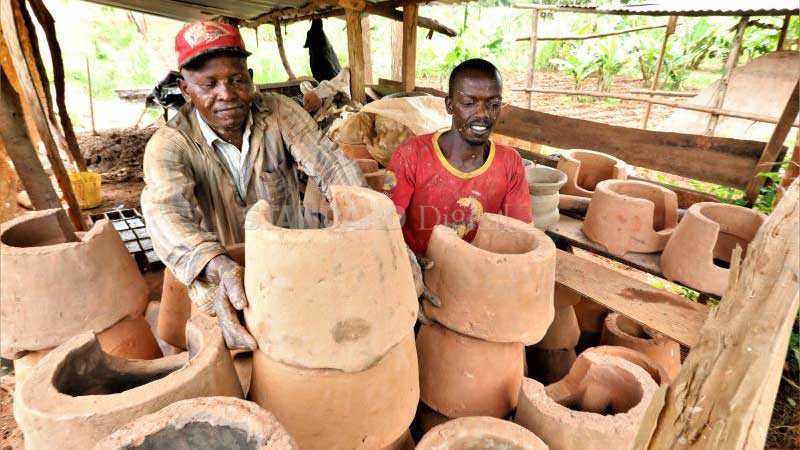×
The Standard e-Paper
Kenya’s Boldest Voice

On the main road to Murang’a County from Mukurweini town is a small village sitting on what can only be described as a gold mine.
Oblivious of their luck, young men and women shovel and deposit large heaps of soil on the side of the road and sell it for a pittance.